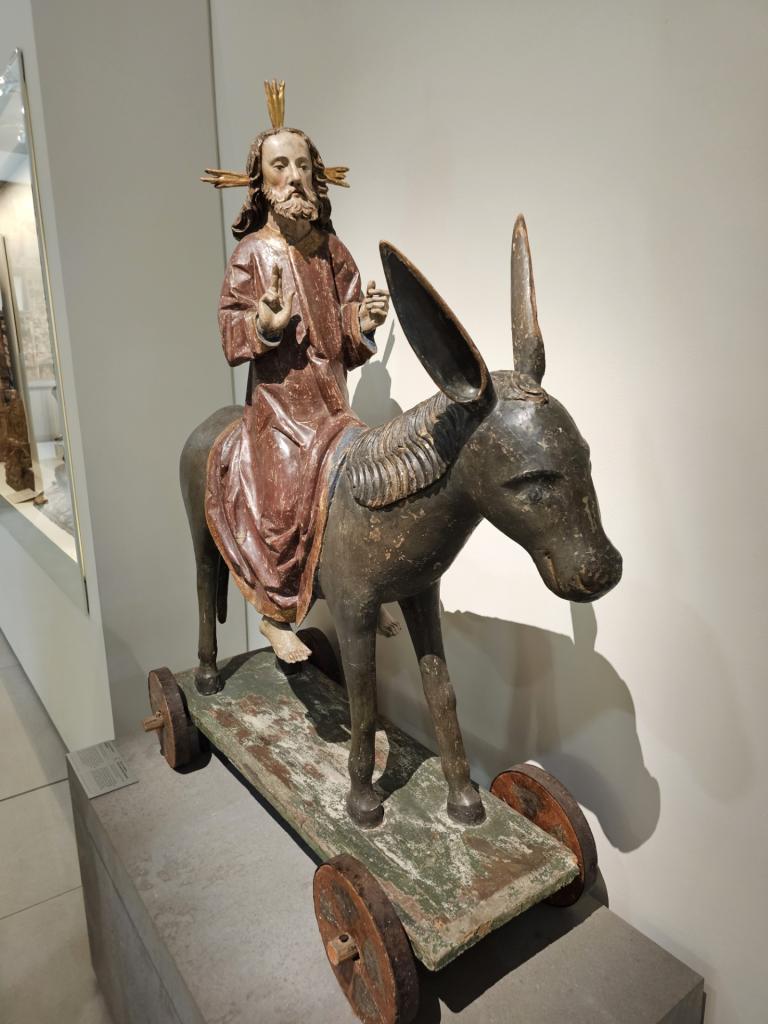AUTHOR AND DATE OF WRITING:
Luke, perhaps ca. A.D. 60-61
The book is anonymous, but early Christian tradition uniformly affirmed that Luke composed this Gospel as well as Acts (See Author and Date of Writing for Acts for reasons supporting Luke’s authorship of Acts.) The dedications of Theophilus, the similar Greek style and vocabulary, and special shared emphases of the books (such as prayer and joy) all point to common authorship.
Luke was a secondary figure in the book of Acts, known not by name but by his use of the pronouns “we” and “us” when he was present to the actions he was describing. Paul named him three times in his letters (Col 4:14; 2 Tim 4:11; Palm 24). He was a Gentile, a medical doctor, and a loyal supporter of Paul. His home city and the nature of the Third Gospel and Acts was someone other than the Luke of Paul’s letters or the “we” of Acts.
The date of Luke must be after Mark (which Luke almost certainly used as a source) but before Acts, which was perhaps published ca 61-62. If Luke researched his Gospel while Paul was imprisoned in Caesarea, then perhaps he wrote and published from Caesarea (ca A.D. 59) or possibly after he arrived in Rome with Paul after the famous shipwreck (ca A.D. 61). Other scholars have argued that Luke, like all the Gospels, must be dated later, from the A.D. 70s or 80s.
FINDING AUDIENCE AND DESTINATION:
THEOPHILUS, A GENTILE WHOSE RESIDENCE IS UNKNOWN
Luke explicitly dedicated this Gospel to Theophilus (“God’s friend”), whom he called “most honorable.” Mentioned only in the prefaces in Luke and Acts, he appears to have been a Gentile of high social status who had been “instructed” in Christianity but wanted more detailed information about Jesus. Theophilus may have provided financial patronage for Luke, underwriting his research expenses.
Occasion
The needs of Theophilus provided the immediate prompting for Luke’s writing. Already “many” had written of Jesus’s life, and in his Preface Luke said that he used sources, including eyewitnesses. Luke possibly used the two years Paul was imprisoned in Caesarea (Acts 24:26-27; 27:1) to research the Gospel. He had access to any number of witnesses to Jesus’s life, possibly including Jesus’s mother (2:19, 51). Most scholars believe that he was also aided by reading Mark’s Gospel plus a (now lost) record of Jesus’s teachings (sometimes called “Q”). There is much to commend the view that Luke interwove Mark, “Q,” and his own research findings into his own careful account.

 1 month ago
15
1 month ago
15










 English (US) ·
English (US) ·